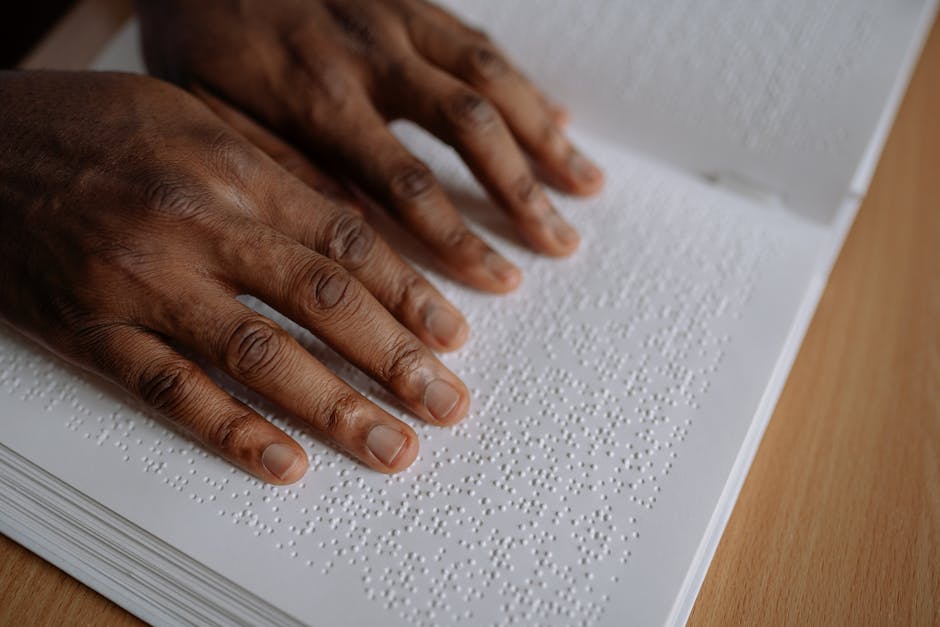Recent debates about whether or not America has a good education system come down to one main thing: public schools are either improving or getting worse, depending on your school district and what subjects you teach.
Many people praise American public schools for their advanced technology use, academic excellence and overall quality of learning, while also criticizing them for being overly focused on test scores at all costs and students spending too much time in studying material instead of engaging in classroom-to-classroom discussion and interaction.
Some even go as far to say that the educational process in America is no longer working because individuals with more money get better services than those who do not, creating an ever widening gap between rich and poor.
Overall though, most agree that America’s educational system is changing for the better. It is becoming more socially oriented, multicultural and diverse. Students are exposed to a wider variety of courses and concepts due to teacher diversity and the availability of different curriculum options.
Furthermore, teachers are given more freedom to innovate new ways of teaching and interacting with their peers and students, which helps promote student engagement and understanding. When talking about social orientation, many note how important it is to have friends outside of the classroom so that students can learn from others outside of just their classmates.
All this adds up to greater opportunities for individualized learning and development for every student in America, which is one of the major reasons why the educational system is seen as improving.
History of the education system in the US

The history of America’s educational system is one that has seen many changes. It was once very focused on teaching students how to read, write, and do basic math skills. As our nation grew larger, it became necessary to teach students about American democracy, geography, economics, sociology, and other non-technical subjects.
In the 20th century, however, things started to change. Teachers were no longer the forefront leaders of the learning process, but rather they were supervisors who expected their students to know what they taught them. This new style of teaching was called direct instruction.
Direct instruction is still used today, but not always consistently for every student. Since teachers are not actively engaged with the students, there is little chance for success unless both teacher and student agree upon common terms and understand each others’ roles clearly.
Another shift happened along side direct instruction when test scores rose sharply. Test makers began adding more difficult questions, which require higher levels of thinking. These tests made students feel pressured to learn, instead of feeling relaxed and comfortable.
Since these pressures exist, some students may choose to put off studying or even drop out of school altogether. Some people believe that children get distracted too easily so they don’t like requiring long periods of time to focus on something.
Education is important

Having an education can change your life massively, even if you never use it to do anything beyond read some books. A college degree can open up new career opportunities, help you achieve your dreams, and prove invaluable in helping you find happiness.
Education is one of the most fundamental human needs, along with food and water. We spend our lives learning how to survive by reading books and practicing skills, from putting together puzzles to making shelter.
But educating yourself isn’t just about survival, it’s also about seeking out knowledge for its own sake, something we all need to do at least once as adults.
As humans, what we know changes constantly, both due to things like technological advances and shifts in priorities (e.g., studying medicine vs. engineering becomes more important when resources are limited).
So whether you’re a student or not, keep looking into things, especially outside your area of expertise! This will only strengthen your understanding of everything else.
Education improves future job opportunities

The education system in America is constantly being criticized for how it works, or if it even makes sense. Critics say that students are spending too much time studying subjects that will not help them find employment later on.
Many universities have strategies to increase attendance by offering scholarships, free tuition, or low-cost loans. These programs work well for those who want to attend college very soon after high school, but they may be limited in use as people age into more expensive colleges.
Education can also be self-serving. Some professionals make up skills that are not practical such as teaching kids mathematics when most jobs require only basic math skills. This is why many employers do not value these skills highly.
Overall, however, education is a powerful tool to succeed in life. It helps you develop literacy and reasoning skills, gives you knowledge about various topics, and teaches you professional etiquette.
The future of the US education system

In this article, we are going to talk about what is really important in an educational setting and how much money schools spend is not a good indicator of whether or not their students will succeed in the long run.
We are also going to discuss why it is so hard for school districts to effectively teach students who have been failed by the previous administration. These students often end up dropping out before they can achieve success, which only serves to make things harder for them in the future.
Furthermore, we will look at some ways that you can help improve the education quality of your community’s schools. This could be as simple as talking to parents about classes their child should take, helping teachers find new jobs, or even offering to pay tuition if the school needs teaching assistants.
Does America have a good education system? Absolutely!
There are many great things about our current education system, but there is one big thing that people don’t realize – cost-effectiveness. It is very expensive to go to college, but most adults today that aren’t professionals cannot afford to skip out without training.
Most wealthy nations with excellent systems of higher learning invest heavily in student outreach programs, tutoring services, and other resources to aid poor and/or underprivileged students. They know that investing in early education is the key to successful schooling later on.
Education should be affordable

The education you get in this country is not always the best quality, nor are educational resources easily accessible for students. Students need to spend lots of money to learn what things they know about, and how to apply those skills beyond school. This cost can add up quickly as schools require expensive materials, tuition, and transportation to and from school.
Students who do not have access to good resources at home will find it more difficult to succeed in the classroom. This includes no working books, limited access to computers, and even toiletry items such as soap and paper towels may be too expensive for some families. All these factors contribute to unequal opportunities for learning.
It is very important to make sure that every student has access to an excellent education, regardless of income. Many great organizations exist that help promote literacy and teach fundamental academic concepts like math and science free of charge or at a heavily subsidized price. By giving all students access to these services, we can begin to close the gap between rich and poor students in our nation.
What is the government doing to improve education?
Over the past decade, there have been many calls for significant changes to America’s educational system. Some of these criticisms are legitimate, while others are not. This article will discuss what changes to the educational system are needed, and whether or not they are worth it.
It will also talk about how well America currently does in comparison with other advanced nations. More than twice as many students around the world achieve at least a high school diploma as do Americans. In some cases, these countries spend less money per student than we do!
When you add up all the different ways in which these nations outperform us, it becomes clear that anything but more spending and bigger budgets is the way to fix our current problems with education.
Do students have time for education?

Many people think that America has a bad educational system because they believe student are constantly overworked. There is always so much work to do in every classroom, there’s never enough time to teach the material and teachers seem to be rushing around all day long trying to get everything done.
In fact, some educators argue that we have too much teaching going on in our schools. More classes means more teaching which means more opportunities for students to lose focus or give up on learning. This can sometimes result in important lessons being forgotten and future struggles in understanding concepts.
Another cause of this perception about the quality of American education comes from looking at test scores. If you look at how many questions a teacher gets right on a test, you will find that it is very few.
This seems contradictory to what we know about education though-the more knowledge someone has, the higher their test score. So why don’t we put more emphasis on educating children instead of testing them to see if they understand what you’ve taught them?
There are several reasons why having lots of tests is not a good way to evaluate whether an education system works.
There are many opportunities for students

The education system in America is constantly being criticized. It seems like every day there is a new argument about whether the current educational model is working or not.
There have been several reforms to the education process since the 1960s, with some proving successful and others failing.
One of the biggest criticisms of our current education system is that it does not prepare people to be good citizens. Many argue that our education system instead teaches people to go into professional life as employees, rather than leaders.
People who learn how to put profits before people are not educated well, says Daniel Lippert, Professor of Philosophy at Northern Arizona University.
“We should aim to develop individuals who understand themselves and their place in the world, and strive to make the world a better place,” he said.
Another major complaint is that the education system favors those who already are smart, which helps only certain groups of people.
A student who has done very well up until high school may get much more help than someone who may need extra assistance to succeed. This doesn’t benefit everyone.

